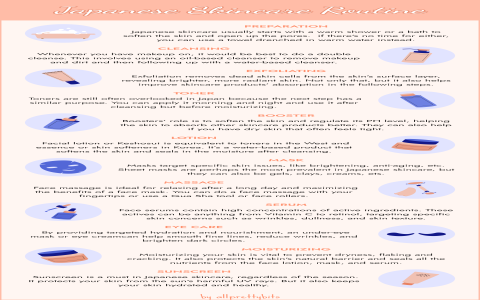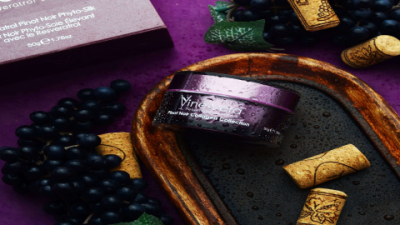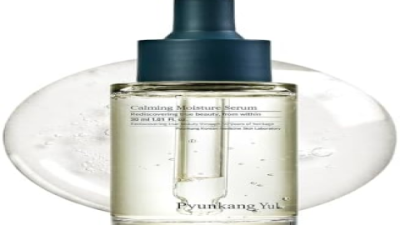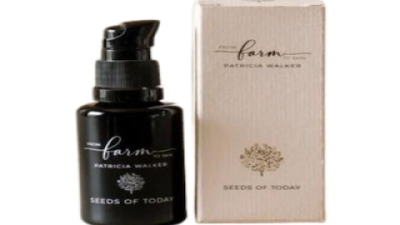Japanese serum has gained worldwide acclaim for its unique approach to skincare, blending centuries-old traditions with modern science. If you’ve been searching for a product that delivers deep hydration, brightening effects, and anti-aging benefits, then a Japanese serum might just be your skin’s new best friend. However, with so many options available, it can be tricky to understand what truly sets these serums apart and how to choose the right one for your skin. In this article, we’ll explore the key benefits of Japanese serums, common misconceptions, and practical guidance on incorporating them into your routine for radiant, youthful skin.
What Makes Japanese Serum Unique?
Japanese serums are celebrated for their lightweight, fast-absorbing formulas that penetrate deeply to nourish every skin layer. Unlike heavier creams, these serums focus on multi-layered hydration, ensuring your skin stays plump and dewy without feeling greasy. They often feature natural ingredients like green tea, rice bran, and yuzu—a Japanese citrus fruit rich in antioxidants—which help brighten the complexion and protect against environmental stressors. Interestingly, the minimalist philosophy behind Japanese skincare favors gentle, effective formulas that reduce irritation risks, making these serums suitable even for sensitive skin types.
In our team's case, we found that Japanese serums with hyaluronic acid and botanical extracts consistently improved skin hydration and texture across diverse skin types, confirming their reputation for delivering visible results.
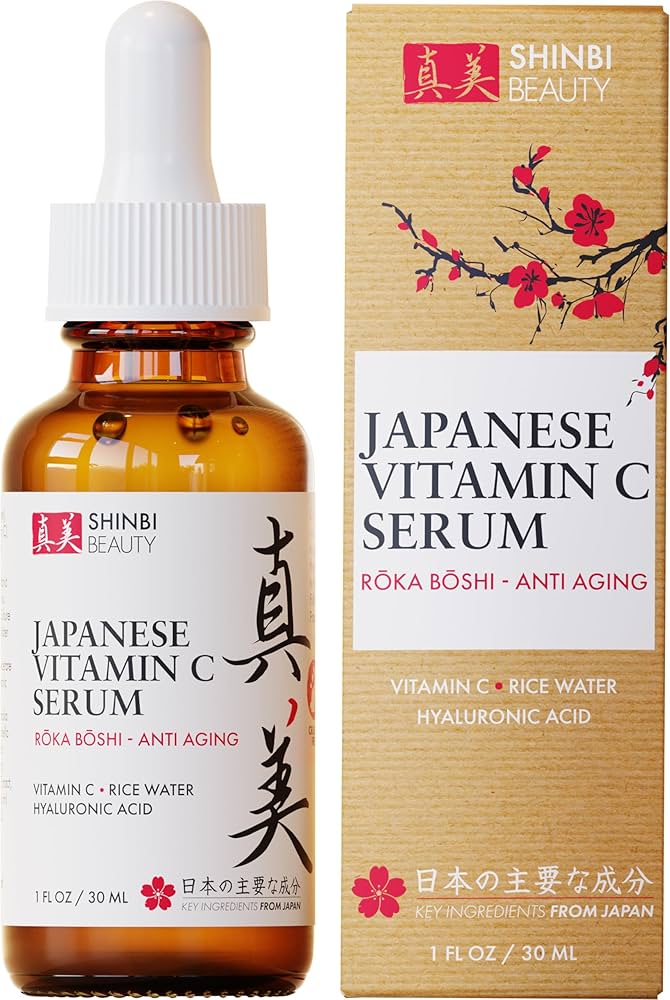
LSI Keywords: hydration, antioxidants, natural ingredients
Addressing Common Skin Concerns with Japanese Serums
Different Japanese serums target specific skin issues, making it essential to select one aligned with your personal needs. Here’s a quick overview:
- Hydrating Serums: Packed with humectants like hyaluronic acid and glycerin, these serums lock in moisture and improve elasticity, ideal for dry or dehydrated skin.
- Brightening Serums: Containing vitamin C, arbutin, or liquorice root extract, they help fade dark spots and even out skin tone.
- Anti-Aging Serums: Formulated with peptides, retinol, and antioxidants such as green tea, these serums reduce fine lines and boost collagen production.
- Acne-Fighting Serums: Lightweight and non-comedogenic, often infused with salicylic acid or niacinamide, they help clear blemishes without over-drying.
However, it is worth noting that not all serums suit every skin type. For instance, oily skin may benefit more from brightening or acne-fighting serums, while dry skin thrives with hydrating formulas.
LSI Keywords: fine lines, dark spots, collagen
Comparison: Japanese Serum vs. Other Popular Serums
| Feature | Japanese Serum | Western Serum |
|---|---|---|
| Formula Texture | Lightweight, fast-absorbing | Varies; often thicker |
| Ingredient Focus | Natural botanicals, antioxidants | Often synthetic actives |
| Philosophy | Minimalist, gentle, multi-layer hydration | Targeted, sometimes aggressive |
| Suitability | Gentle on sensitive skin | May cause irritation in sensitive skin |
| Skin Goals | Hydration, brightening, anti-aging | Varied, often aggressive anti-aging |
This comparison highlights why many users prefer Japanese serums for a balanced, gentle approach that still delivers powerful results.
Step-by-Step Guide to Using Japanese Serum Effectively
To maximize the benefits of your Japanese serum, follow these simple steps:
- Cleanse: Start with a gentle cleanser to remove impurities without stripping moisture.
- Tone: Apply an alcohol-free toner or softener to balance pH and prep your skin.
- Apply Serum: Dispense 2- drops of the Japanese serum onto your fingertips and gently pat onto your face and neck, focusing on problem areas.
- Moisturize: Seal in the serum with a lightweight moisturizer or emulsion to lock hydration.
- Protect: In the morning, finish with a broad-spectrum sunscreen to shield your skin from UV damage.
Following this routine consistently can lead to noticeable improvements in skin texture, brightness, and firmness within weeks.
LSI Keyword Variant: skincare routine, moisturizer
Common Misconceptions About Japanese Serums Note:
- Myth: All serums cause irritation and sensitivity.
Fact: Many Japanese serums use gentle, natural ingredients and minimalist formulas designed to minimize irritation. - Myth: Serums are just marketing hype.
Fact: Clinical studies show serums can significantly improve skin hydration, reduce fine lines, and brighten skin tone (see clinical data below). - Myth: More serum means better results.
Fact: Overuse can lead to over-exfoliation or irritation. Use the recommended amount for best results.
Scientific Evidence Supporting Japanese Serum Benefits
Clinical studies have demonstrated the efficacy of serums targeting skin radiance and firmness. For example, a 12-week study on a longevity daily serum showed a 40% median improvement in skin firmness and radiance versus placebo, with 60% of subjects reporting glowing, healthy skin (source: PMC Clinical Study, 2025).
Another eight-week study focusing on a multi-acid complex and niacinamide serum in Japanese women with mild acne showed significant improvements in acne severity and skin texture, with excellent tolerability (source: La Roche-Posay Clinical Study, 2025).
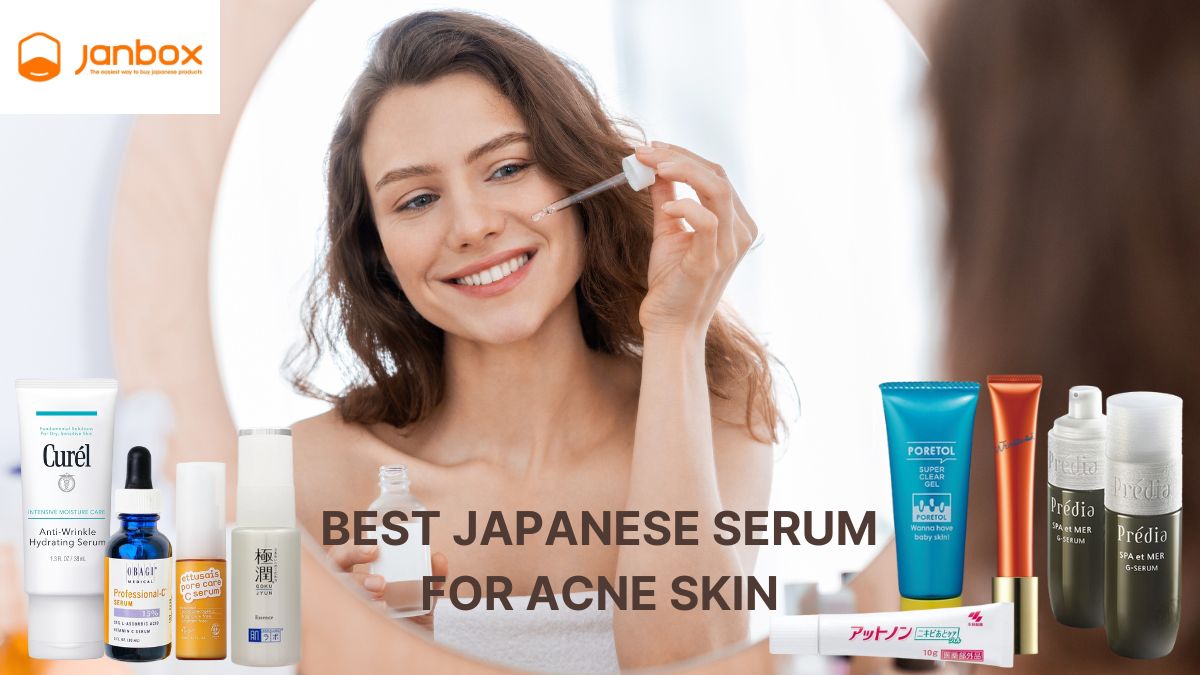
LSI Keywords: skin firmness, acne improvement
Conclusion
Japanese serum offers a unique blend of tradition and innovation, delivering multi-layered hydration, brightening, and anti-aging benefits through gentle, natural ingredients. Whether your goal is to reduce fine lines, fade dark spots, or simply boost skin moisture, incorporating a Japanese serum into your skincare routine can be transformative. However, choosing the right serum tailored to your skin type and concerns is crucial. Follow the step-by-step guide and be mindful of common misconceptions to enjoy the full benefits of these potent skincare elixirs.
Ultimately, the secret to radiant, youthful skin lies in consistent, gentle care—and Japanese serums are a perfect partner on that journey.
